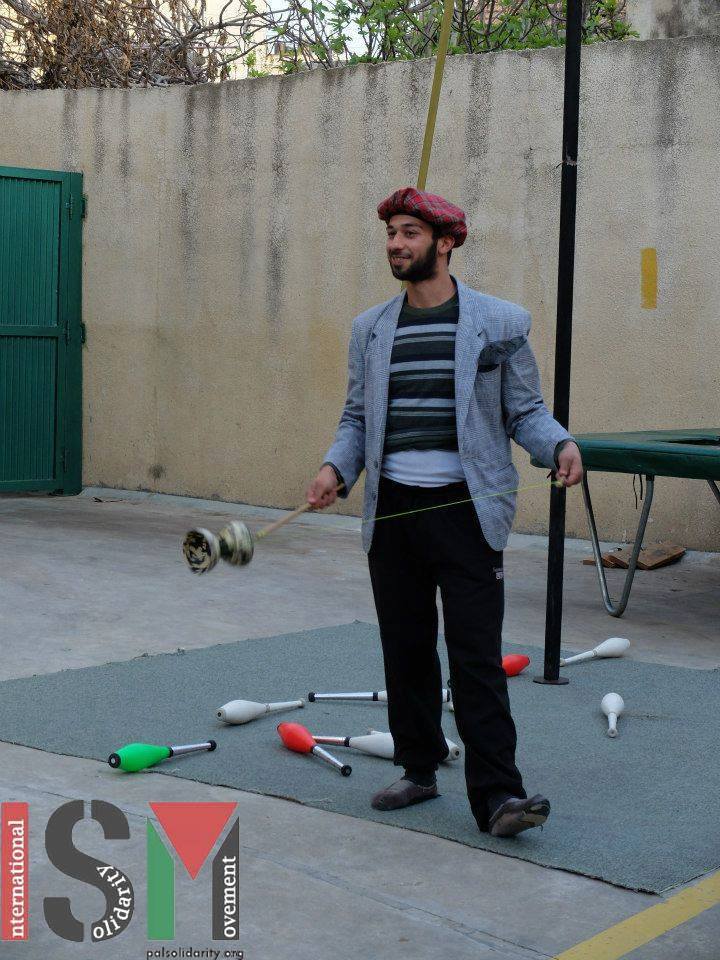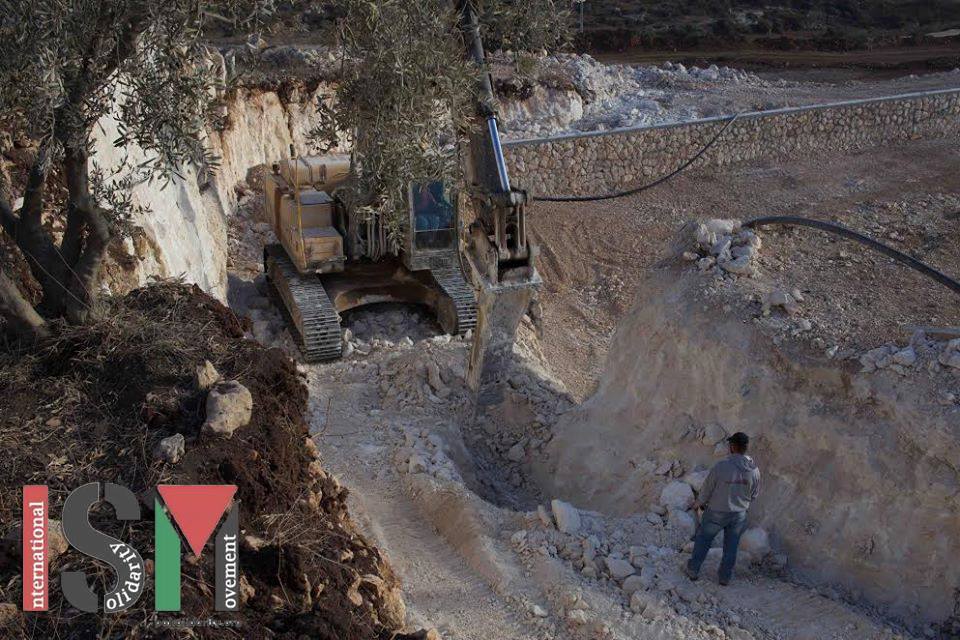Category: Press Releases
-
Birzeit University Condemns Continuous Attacks on Right to Education Israeli Occupation Continues to Strangle Palestine’s Education
14th December 2016|Press Release|Beirzeit University|occupied palestine In continuation of its barbaric aggression on our people and national institutions, the Israeli occupation forces stormed Birzeit University’s campus in the early morning hours of Wednesday 13 December 2016. These blatant attacks and subsequent measures of harassment constitute outrageous interferences to our right to education. Birzeit University expresses its…
-
Free Mohamed Abu Sakha
5th December 2016 | International Solidarity Movement | Huwwara team, occupied Palestine Members of the Circus School in Palestine, representatives of the embassies of Italy, Spain and Switzerland, Amnesty International and ISM were in the Israeli Supreme Court today to witness the hearing of the appeal for the release of the Palestinian circus trainer Mohammad…
-
Olive harvest and Colonialism in expansion in Kafr ad Dik
12th November 2016 | International Solidarity Movement, Huwwara team | Kafr Qalil, occupied Palestine For the past six days, international activists joined a Palestinian farmer, Fares Deek, in the harvest of his olives outside Kafr ad Dik village, located inside Salfit governate. For the past 16 years, the area has been a target of expanding…


